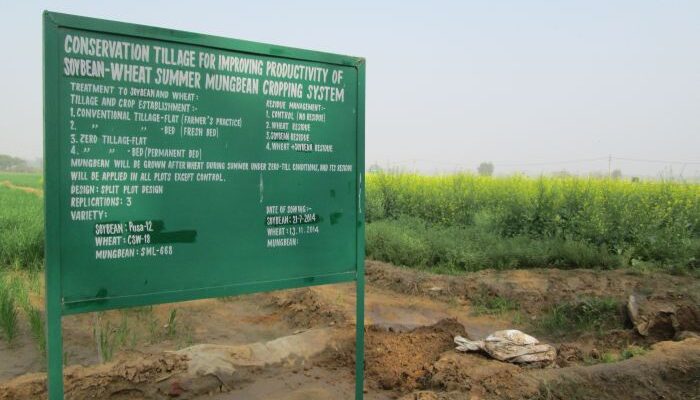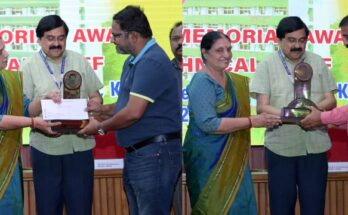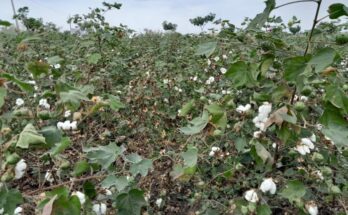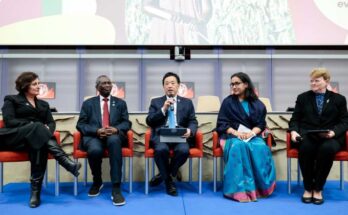Indian Council of Agricultural Research (ICAR), the apex body for co-ordinating, guiding and managing agricultural research and education, and the World Bank have come together to organise the first international conference on ‘Blended Learning Ecosystem for Higher Education in Agriculture’ in India under the National Agricultural Higher Education Project (NAHEP). The three-day event to be held from March 21-23, 2023 in New Delhi will be hosted by ICAR – IASRI (Indian Agricultural Statistics Research Institute), which is a multi-partner global forum to support collaboration for the development of a state-of-the-art blended education system for higher agricultural education.
The aim of this conference is to facilitate the development of a global ecosystem of partners from academia, industry, government, and multilateral and bilateral organisations who would provide critical insights towards the design and full-scale implementation of all aspects of the Resilient Agricultural Education System (RAES) under NAHEP, that is, learning management system, content repository, and system-wide capacity building. Apart from the engaging discussions, the three-day event will also showcase an exhibition on the diverse range of services and offerings in the field of agriculture and blended learning.
You may also like to read: India’s carbon footprint from marine fisheries is much lower than global level, reveals study
“The conference and exhibition will be inaugurated by Narendra Singh Tomar, Minister of Agriculture & Farmers Welfare, Government of India. Various other ministries will also be participating along with other global leading institutions like AICTE, IIT, and International Rice Research Institute (IRRI) among others. Speakers addressing the conference include Dr. Himanshu Pathak, Secretary, Department of Agriculture Research and Education (DARE) and Director General (DG), ICAR; Dr. RC Agrawal, Deputy Director General, ICAR; and Dr. Auguste Tano Kouame, Country Director – India, World Bank among others,” ICAR informed.
Speaking on the sidelines of the conference, Dr. Himanshu Pathak said, “According to the International Monetary Fund (IMF), agriculture sector in India contributes 17-18 per cent of the gross value added (GVA) of the economy and employs more than 40 per cent of the workforce. Farmers are adopting new technologies to improve and monitor crop health and production. The true adoption of blended learning has immense potential and can unlock the agriculture economy to new heights.’’
You may also like to read: Tomar awards degrees to the graduates of Rani Lakshmi Bai Central Agricultural University
Elaborating about the conference, Dr. RC Agrawal, said, “The focus of the conference is to strengthen the collaboration among multiple implementing agencies working in the domains of remote learning, digital education and blended education systems. It will also help in establishing synergies with flagship programmes such as Digital India and Skill India to accelerate deployment of the Resilient Agricultural Education System (RAES) under NAHEP.”
The conference, Blended Learning Ecosystem for Higher Education in Agriculture, is organised around the thematic areas including strategies for blended teaching-learning, technologies for blended learning, sustainability in the blended learning ecosystem, building stakeholder capacities to navigate in a blended teaching-learning ecosystem, and contemporary curriculum for agricultural education. NAHEP, which was proposed on a 50:50 cost-sharing basis between the World Bank and the Government of India, was formulated by ICAR with a total cost of US$ 165 million for five years in the financial year 2017-18. It was undertaken to strengthen the National Agricultural Education System in the country.





